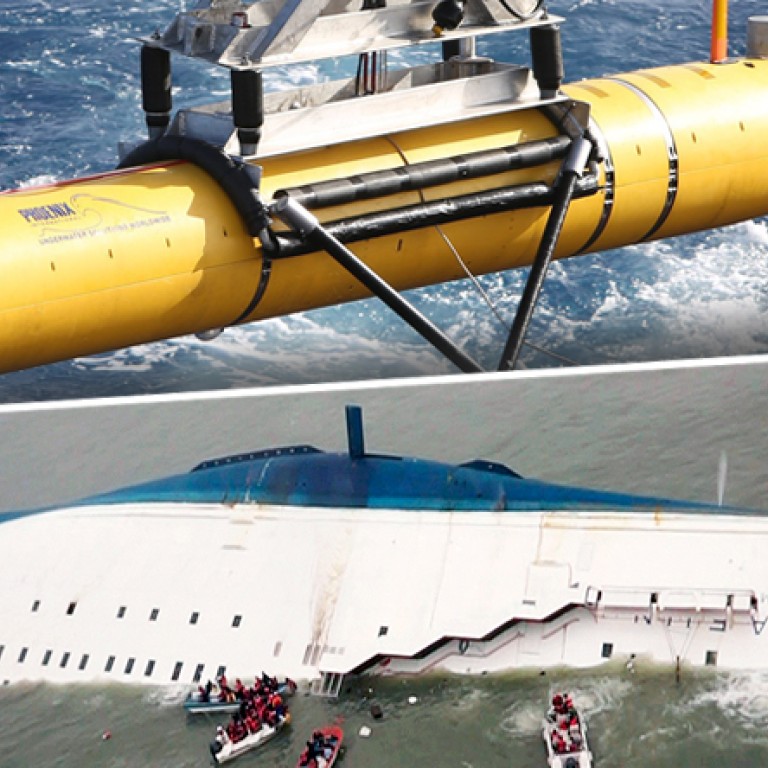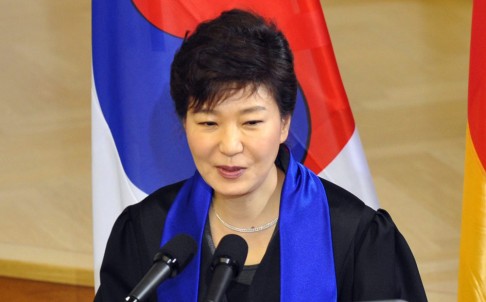
Twin air and sea disasters in Asia demand honest inquiries
Within the space of six weeks, Asia has witnessed an airline disaster with no wreckage and no bodies, and a marine disaster in which a sunken ferry became a tomb for hundreds of victims.
Within the space of six weeks, Asia has witnessed an airline disaster with no wreckage and no bodies, and a marine disaster in which a sunken ferry became a tomb for hundreds of victims. Two very different tragedies have generated similar living images that have transfixed the world: of angry, grieving parents and family who want transparency and accountability about what happened so that they may seek closure.
Our thoughts, firstly, must be with those who may never know what happened to Malaysia Airlines flight MH370 or where their 239 loved ones, mainly Chinese, came to rest; and those who struggle to understand how a South Korean ferry could have foundered without more decisive rescue efforts for 300 on board, mostly schoolchildren. The two tragedies have more in common - cultural issues in the official responses to the respective emergencies. The frustration of the relatives of those on the vanished airliner at what they saw as a lack of transparency and openness about the many questions raised by the plane's fateful diversion from its flight path is well documented. They have lashed out without even a credible scapegoat for their loss. No such unknowns constrained South Korean President Park Geun-hye, who is quoted by aides as describing the actions of the captain and some crew of the stricken ferry as "tantamount to murder".
This is a visceral reaction that anticipates judgment and reflects national trauma. It should also serve as a reminder that even in the jet age, we treat the sea with anything less than the utmost respect and discipline at our peril. This will resonate in Hong Kong, where the government has just completed an internal inquiry into whether there was maladministration and neglect of duty in the Marine Department leading up to the Lamma ferry disaster 18 months ago.


